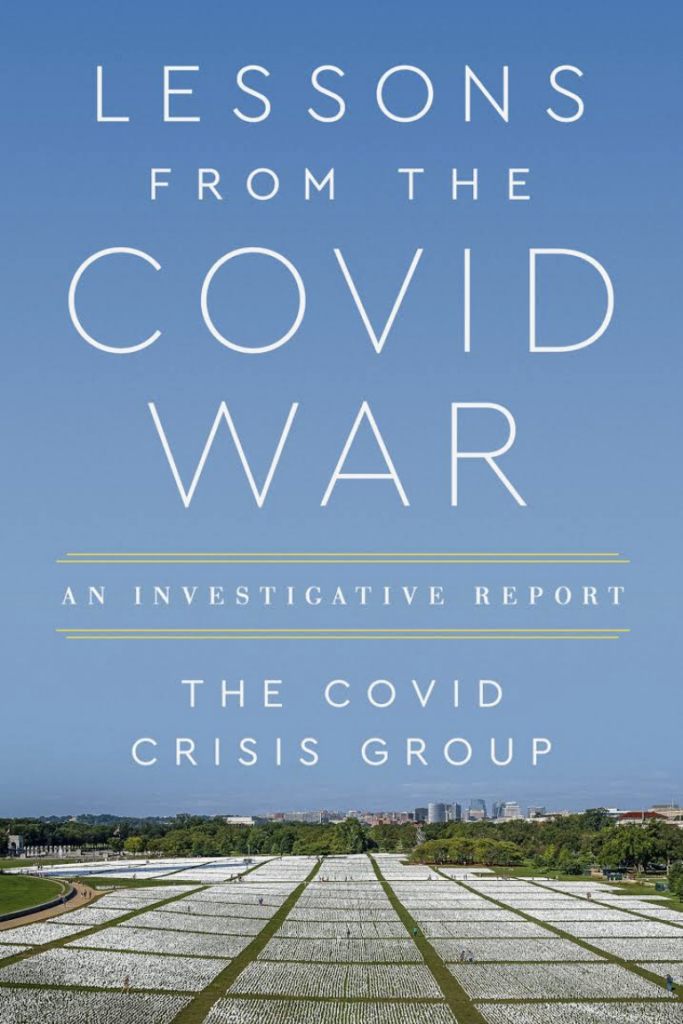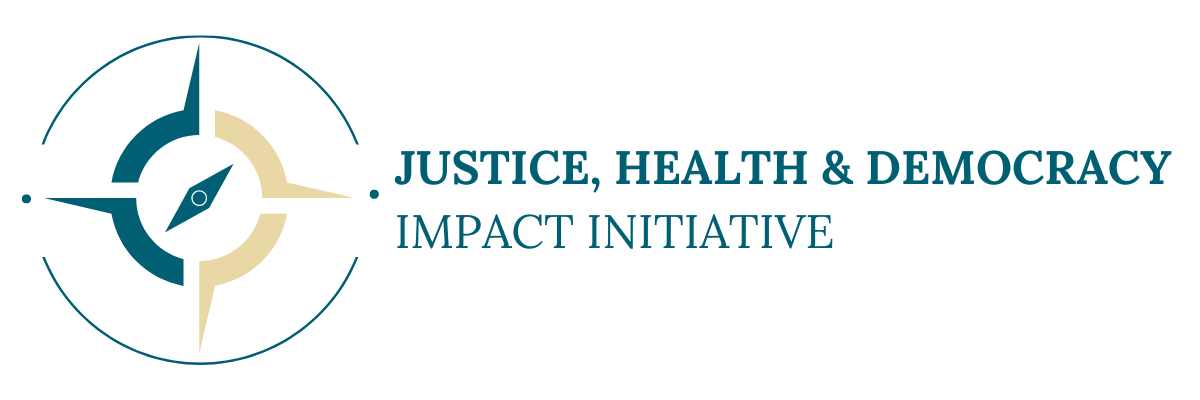Beerbohm appointed director of Edmond & Lily Safra Center for Ethics

Eminent political theorist Eric Beerbohm, Professor of Government and Faculty Affiliate in the Department of Philosophy, has been appointed as the next Director of Harvard’s Edmond & Lily Safra Center for Ethics. The Justice, Health & Democracy Impact Initiative is part of the EL Safra Center.
Covid Crisis Group Releases Report

JHD’s rapid response team have co-written a report with other members of the non-partisan Covid Crisis Group titled, Lessons from the Covid War: An Investigative Report. In this unflinching look at the scale and efficacy of America’s Covid response efforts, the authors sift through mountains of information to assess what worked, what didn’t, and what must be done to prepare for an inevitable future global pandemic.
Spencer Piston

Justice, Health, & Democracy Impact Initiative Fellow, Edmond & Lily Safra Center for Ethics
Ethics of Decentralized Social Technologies: Lessons from Web3, the Fediverse, and Beyond

This paper argues that the plethora of experiments with decentralized social technologies (DSTs)—clusters of which are sometimes called “the Web 3.0 ecosystem” or “the Fediverse”—have brought us to a constitutional moment. These technologies enable radical innovations in social, economic, and political institutions and practices, with the potential to support transformative approaches to political economy. They demand governance innovation. The paper develops a framework of prudent vigilance for making ethical choices in this space that help to both grasp positive opportunities for transformation and avoid the potentially problematic consequences. Most of our specific examples and concerns come from the blockchain/Web3 universe, as this has received the greatest investment, attention, and adoption to date. However, we aim to offer a framework for governance decision-making in conditions of uncertainty that applies more broadly to other DSTs. Specifically, under the framework of prudent vigilance, we propose a pragmatic, democratic, and pluralist approach to navigating bold experimentation with social practices and political economy enabled by these technologies. Our overarching goal is to provide a framework open to transformative improvement and constrained by guardrails and guiding values supportive of democracy, freedom, and pluralism. We take a relatively strong position, rather than simply laying out ethical issues and potential approaches. We seek to be provocative in order to spur further work and hope this paper will serve as a first bridge between academic philosophy and the DST community, which have hardly interacted to date.
Plural Publics

Data governance is usually conceptualized in terms of “privacy” v. “publicity”. Yet a core feature of pluralistic societies is association, groups that share with each other, privately. These are a diversity of (plural) publics, each externally private but with the ability to coordinate and share internally. Empowering plural publics requires tools that allow the establishment of shared communicative contexts and their defense against external sharing outside of context. The ease of spreading information online has challenged such “contextual integrity” and the rise of generative foundation models like GPT-4 may radically exacerbate this challenge. In the face of this challenge, we highlight why we believe the problem of “plural publics” to be a core challenge of data governance, discuss existing tools that can help achieve it and a research agenda to further develop and integrate these tools with a design eye specifically on the requirements of plural publics.
New publications from the GETTING-Plurality network

JHD’s GETTING-Plurality research network, part of the Allen Lab for Democracy Renovation, has released two new white papers to coincide with the launch of the network and its new website.
Sarah Hubbard

Justice, Health, & Democracy Impact Initiative Fellow, Edmond & Lily Safra Center for Ethics
Technology & Public Purpose Fellow, Belfer Center
Announcing New Research Network on the Governance of Emerging Technologies through Plurality

The Harvard Edmond & Lily Safra Center for Ethics is proud to announce the launch of the Governance of Emerging Technology and Technology Innovations for Next-Generation Governance through Plurality (GETTING-Plurality) research network. This network will bring together researchers and academics of various disciplines across Harvard University to advance the understanding of how to shape, guide, govern, and deploy technological development in support of democracy, collective intelligence, and other public goods.
Educating About Enslavement

In a Black History Month interview with WBUR’s OnPoint program JHD Director Danielle Allen discusses how educators should be teaching the history of Black enslavement in America’s classrooms. Joining her in the conversation are Guest Host, Kimberly Atkins Stohr, and David Blight, Director of the Gilder Lehrman Center for the Study of Slavery, Resistance and Abolition at Yale University.
New Renovating Democracy Washington Post Series

Danielle Allen, Director of the Justice, Health & Democracy Impact Initiative and the Edmond & Lily Safra Center for Ethics has launched a new series in her Washington Post column focused on “Renovating Democracy”. In her first column for 2023, Allen shares the personal origins of her work to combat what she calls “The Great Pulling Apart” that polarizes Americans and threatens the fabric of our democracy, and lays the groundwork for a year-long conversation on renovating governance to meet the challenges of the moment.

